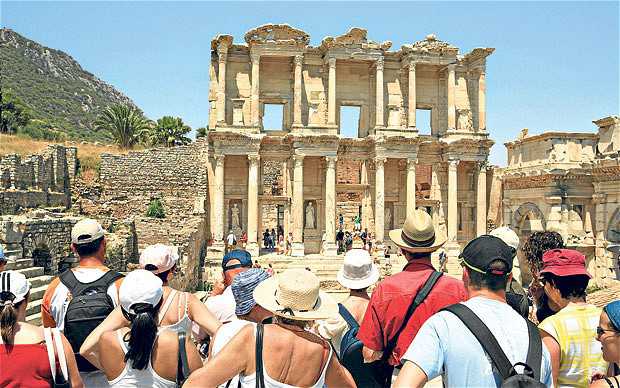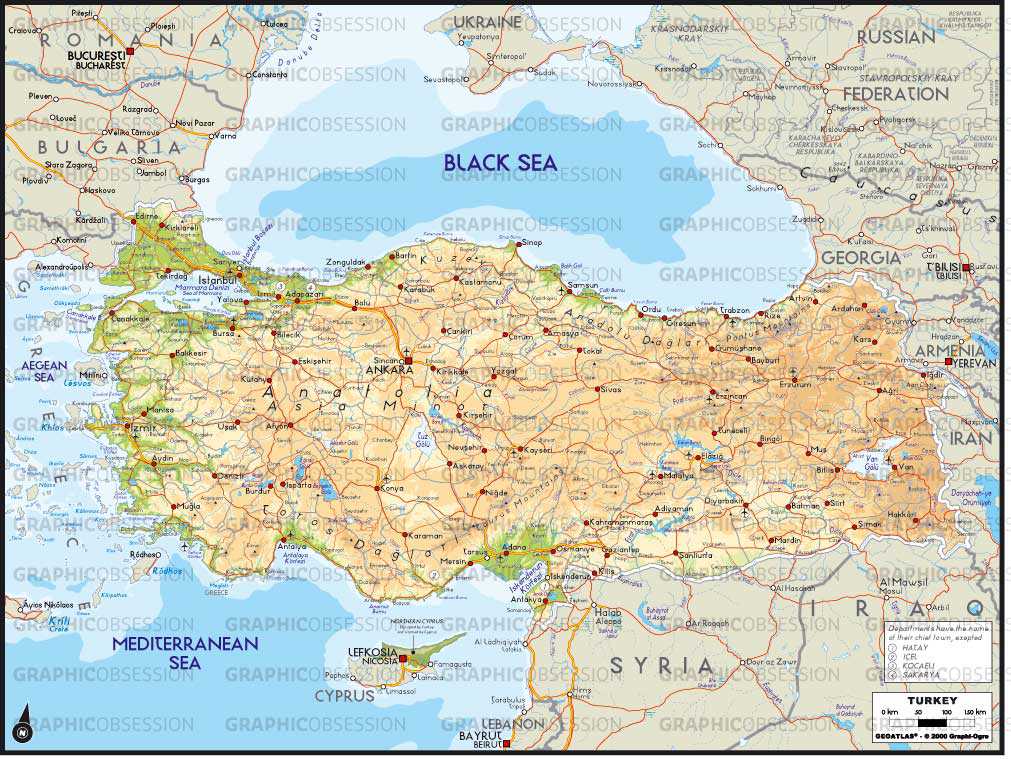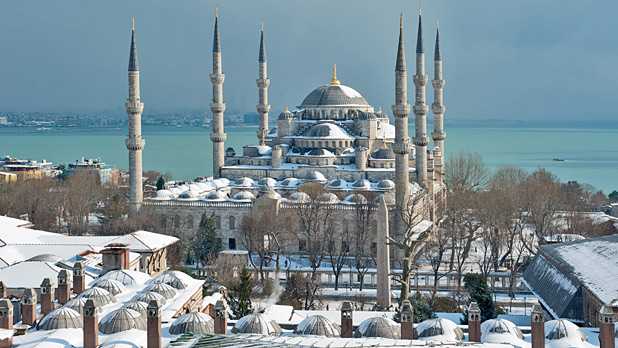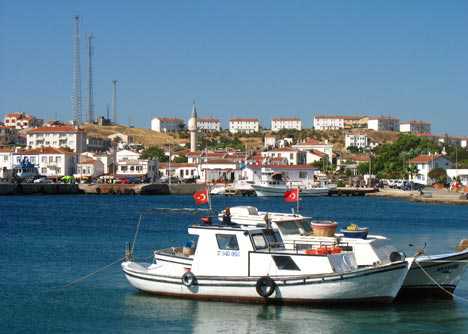Water must be managed carefully as it is likely to become more valuable than oil and will have important repercussions for Turkey’s long-term interests, the Turkish Industrialists and Businessmen’s Association (TÜSİAD) has said.
The association held a conference on “Sustainable Water Management” yesterday to introduce a report titled “The Status of Water Management in Turkey: Problems and Solutions.” The main theme of the report was that the value of water will exceed the value of oil in the future, highlighting the importance of managing water resources in Turkey.
The report argued that the water situation in Turkey is ringing alarm bells. It said Turkey’s net renewable surface water potential is 234 billion cubic meters but, for technological and economic reasons, only 40.1 billion cubic meters of this can be used. “Seventy-four percent of this total volume is used in agriculture, 15 percent is used as drinking water and 11 percent is used in industry,” the report explained. In Turkey, annual water consumption per capita is about 1,500-1,735 cubic meters.
The report classifies countries according to water reserves. Countries that have water resources of less than 1,000 cubic meters per capita are called water-poor, those with 1,000-3,000 cubic meters are said to face water scarcity and those with above 10,000 cubic meters are water-rich countries.
The report said the most important reasons for water shortage are population growth, expanding agricultural and industrial use and increasing consumer demand as standards of living rise. By the year 2030 Turkey’s population is expected to be around 100 million, at which point its water per capita is likely to fall below 1,000 cubic meters.
The report stressed the importance of technological investments as a solution to water shortages. “To limit the adverse effects of water shortage, usable water resources must be protected and improved by means of technological conservation tools. … There must also be policies put in place to lower demand,” it said. On top of the list of possible measures was the implementation of population and immigration controls on a large scale.
Another issue the report highlighted was related to the laws regulating water management. The report drew attention to a lack of laws on water management despite there being too many laws on the books related to the water issue. “Despite the need for such a law, Turkey still has no comprehensive water law,” it said. The report also emphasized that there should be coordination between the central government and local administrations when laws regarding water are enacted.
Head of World Water Council makes call to all to conserve
World Water Council President Loïc Fauchon has called on everyone to use water wisely, noting that water consumption has tripled worldwide compared to a century ago.
Fauchon’s remarks came yesterday during a press conference in İstanbul, where he is working on preparations for the 5th World Water Forum, which is scheduled to take place on March 16-22, 2009.
“If we do not want a war to break out for water, there are things we need to do. As citizens, we should pay attention to water conservation. Actually, there is predicted to be an increase in rainfall by 2.5 percent every decade; however, this does not mean that the water needs of the world will be met. So, we need to develop measures to transfer water to the parts of the world where there is water shortage,” he stated.
He noted that more efficient methods will be developed in the future to utilize sea water as drinking water and that these methods will be used by countries which suffer from a shortage of water.
Fauchon also talked about the 5th World Water Forum, noting that Turkey, which applied to host the forum two-and-a-half years ago, was chosen as the next venue for the conference because it is a country with abundant water resources. He said close to 20,000 people from more than 150 countries are expected to attend the forum, which is held every three years. Mühenna Kahveci İstanbul



![Scholar given national grant award [ATATURK] 3 Scholar given national grant award [ATATURK]](https://www.turkishnews.com/en/content/wp-content/uploads/2023/04/washington-dc-g467c50bfe_1920.jpg)


